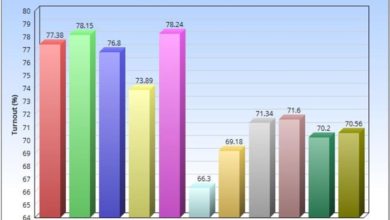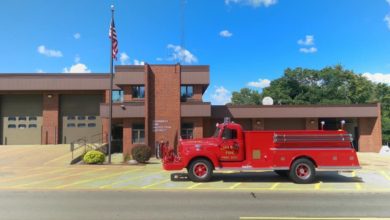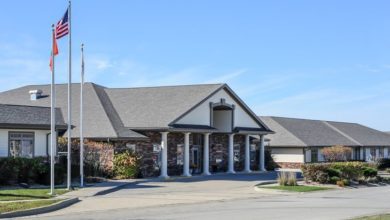What role should teachers have in the vision of the district? What should the relationship between the board and the teachers be?

Out-of-Township (Vote for 1)
Patrick MacKay: Teachers need to be engaged and active participants in determining and defining the vision of the district. As a board, we can start with something as simple and just sitting down to listen. That’s the least we can do when they’ve filled the role as our essential workers this year. I would truly co-opt the teachers in mapping out the future of the district. I mentioned two issues previously; capacity and diversity. With respect to capacity at our school, what are the teachers seeing? What do they want to see prioritized in future development? What short-term changes do they suggest that could make a difference? With respect to diversity, I believe we should enlist their help and guidance in a review of programs and curriculum, hiring practices, and benchmarking of our peer districts.
Justin Lamb: I believe it’s very important for the teachers to have a voice. The teachers are the ones in the trenches and they are the ones developing best practice methods, adjusting teaching styles, and determining any support services needed in their individual classrooms. Like anywhere, to have a successful workplace and to get the most out of your employees you need to have a good relationship and open lines of communication.
In-Township (Vote for 2)
Laura Lang: Our Teachers and Staff are the hands and feet of our community. They live the reality of board policies and school rules each day. Currently, it seems to me that teachers do not have the ear of the administration and board as I hoped they might. They should be integral to creating and casting of our district’s vision, which means they need to be able to share with us both the victories and shortcomings of our school without fear of being ostracized or condemned. It is only by facing our realities head on without fear that we can make our future better. We need to examine how to improve this communication process.
While the board cannot interact with teachers on a daily basic as the nitty-gritty of everyday workings is not the purpose of the board, the relationship between teachers and the board should be a friendly one. This means that teachers can approach board members with questions or concerns at anytime. This means that when a board member walks through the halls of our schools, the teachers know that it is a visit of support, not of judgment.
Rebecca Richardson: Teachers and staff play a critical role in developing the vision and ultimately they will be the front-line individuals who will implement tactics to meet that vision.
The board sets the policies that are implemented by teachers and staff. Board members should set policies after receiving input from teachers and staff since they are the front-line workers. Establishing trusted communication is important, but individual board members cannot speak on behalf of the entire board.
Max McComb: Teachers hold the success of our district in their hands. They are the ones that influence and guide our students. Teachers and administrators, not board members, are our educational professionals. Currently our board is struggling with this. For example, we have board members wanting to legislate unlimited student bathroom breaks and micromanage which video clips our teachers can use, rather than trusting teachers to manage their classrooms. As a board, we need to work to hire great people and then as much as possible let them do what we hired them to do.
Sunny McMurry: As I mentioned above, teachers, staff and administrators are doing the day-to-day work of our district. No one knows a school district’s daily reality better than they do. That is why, when considering the vision of the district, all community members, particularly our school personnel, need to have a voice. The vision is bigger than day to day operations, but that daily reality should be infused into the overarching vision of the district.
When it comes to a relationship between teachers and the board, that relationship should be visionary and supportive, not micro-managing. Thankfully our district hires highly qualified professionals to make the daily decisions that a board does not need to be involved in. Through regular communication between the teachers and staff and their lead administrators or superintendent, as well as an open door policy for teachers, staff and administrators to share ideas and thoughts with board members, I feel confident that although the outcome may not be what every single person wants, voices will still be heard and people will still feel like a valued member of our team.





